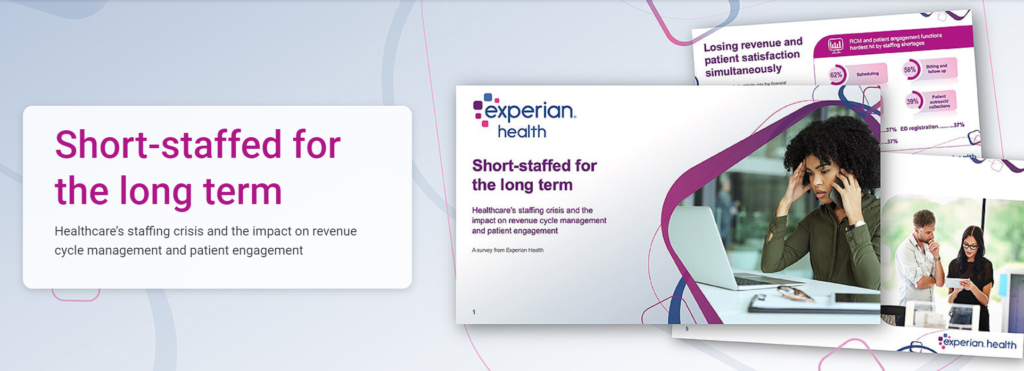
What You Should Know:
– 100 percent of hospital and health system respondents stated that staffing shortages have significantly affected revenue cycle management (RCM) and patient engagement efforts, according to a new survey by Experian Health.
– A significant 69 percent of the surveyed healthcare executives responsible for RCM staffing foresee ongoing challenges in the long term.
Challenges Present Urgent Need for Solutions
The findings highlight the urgent need for healthcare organizations to find solutions to address staffing shortages and stabilize their operations for the long term. While staffing challenges persist, the majority of respondents prefer to shore up human resource approaches rather than leveraging technology such as automation and artificial intelligence to address staffing issues. The biggest challenges identified include finding candidates skilled in RCM and addressing staff burnout.
High Turnover Rates
The survey revealed that 9 out of 10 respondents reported turnover rates for administrative roles related to patient access, RCM, and the patient experience in the double digits, with nearly half reporting turnover rates of more than 25 percent, significantly higher than the U.S. average turnover rate. Many healthcare organizations are addressing retention issues through traditional means, including increasing salaries (46%), cross-training (44%), and boosting incentives (42%).
Patient Experience Impact
Eight out of 10 survey respondents reported that staffing shortages have worsened the patient experience. Areas significantly impacted include patient arrival and registration, appointment scheduling, prior authorization approval, insurance coverage confirmation, and patient estimates. Delays in patient care were identified as the most significant consequence of staffing shortages (40%).
AI Adoption
Only a quarter of respondents are considering consolidating workstreams across processes, and just 27 percent are exploring the use of integrated artificial intelligence (AI) to improve efficiency.

